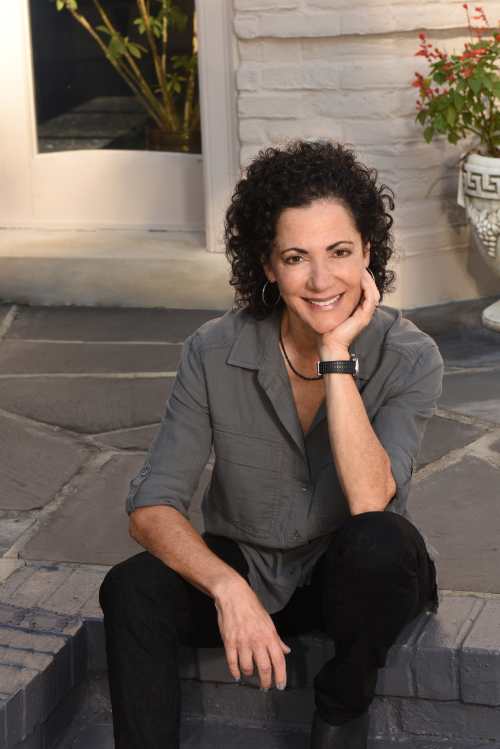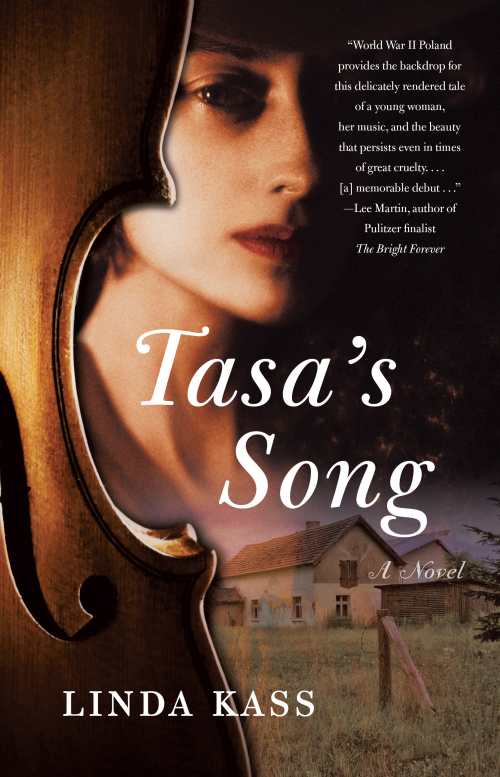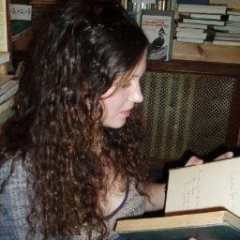Tasa's Song: An Untold Holocaust Tale

Yom HaShoah, or Holocaust Remembrance Day, comes each spring when, despite the seasonal light, people around the world make an effort to remember a time of unprecedented darkness. The farther we move away from the Holocaust, the more the particular struggle of remembering increases: survivors pass on of old age, their stories are tucked away or lost, or, if the world is lucky, are recorded for posterity.
Linda Kass’s new novel, Tasa’s Song, is one such effort to record a survivor’s story–albeit in fictionalized form. The novel adapts the wartime experiences of Kass’s mother, whose family survived in hiding, thanks, in part, to the efforts of a Polish friend. Tasa’s story is one of endurance and the power of the human spirit, and for those seeking to remember, it is a tale well worth engaging. I spoke to Linda in time with Holocaust Remembrance Day about the particulars of her novel, and about why preserving these stories is so important.
Tasa’s Song is a novelization of your mother’s wartime experiences in Poland. Can you say a little bit about why you chose to approach your subject this way?

Linda Cass: 'I wanted to give voice to all survivors and focus on their humanity and courage.' (Photo Courtesy of Lorn Spolter Photography.)

When I was a small girl, my mother would share with me bits and pieces of her early life in eastern Poland—her rural village of Podkamien, its surrounding countryside, and her extended family members who lived close by. She told me how she left home at age twelve for a nearby town to attend a private boarding school that educated Catholics and Jews, and that she boarded with a German woman there. I knew that she lived under the Soviets during the first two years of the war although I wasn’t clear about the history back then. I knew there were deportations and arrests of family members, and that she lived for a year “underground” with her father and a few other relatives.
So I had a dramatic outline with basic details of events and places and people. As a working journalist in 1980, I extensively interviewed both of my parents to document our family history. And decades later, I produced a private memoir to honor their sixtieth wedding anniversary. Several years after that, I took my first trip to Poland. The images I carried of my mother’s early life came flooding back, along with a number of more universal questions about the human experience of survival: How does a person get beyond hardship? How does one rise above the atrocities of war and tragedy and loss?
I was not a witness to my mother’s experiences. I couldn’t know her feelings and reactions to the events of her life. I sought to go beyond the outline of facts that I had, and offer a more universal truth based on imagined characters and actions and interrelationships. So, her story was the inspiration, the setting off point for me. I turned to fiction to explore my questions.
Your novel focuses more on exploring character relationships and how they are challenged by the Holocaust than on focusing on the atrocities themselves. Why was that important to you?
It was important to me to focus on the humanity that existed during this period and reveal the particular experiences of those, like Tasa and her family, who lived on the fringes of the battlefield in eastern Poland. Fiction builds a human story and allows the reader to experience and be present in it. The Holocaust and the atrocities faced by the characters in my novel are part of the real world they lived in. But as the characters participate in the flow of these historic events, they make their own choices, have their own thoughts, and become vivid to us as readers. In this way, Tasa and her family allow us to see all those whose lives are shaped by the brutalities of war. As a child of Holocaust survivors, I wanted to give voice to all survivors and focus on their humanity and courage.
Tell us a little bit about the experience of working with She Writes Press.
As I approached the changing world of publishing with my debut novel, I began to consider my personal goals. Of course, I wanted the novel to find a respectable readership. I wanted the book itself to be of high quality, with a strong cover design. I wanted the publishing experience to be collaborative and personal. I wanted to be engaged, to learn about the publishing process, and to have fun along the way.
My experience with She Writes Press has been all of these things. It is a curated partnership press and its approach is to educate and work closely with its authors along this journey. After I signed my contract just over a year ago, I received a detailed author handbook. Alongside my fellow spring 2016 authors—there are thirty-five—I’ve participated in monthly conference calls with Publisher Brooke Warner, where she spelled out the stages in the process ahead. Her talks have covered everything from print runs to publicity, from tip sheets to cover design and production schedules. We even had a webinar on metadata.
SWP has a first-rate copy editor and a superb cover designer. Each author is assigned a project editor to keep her on schedule, and we have access to a recommended list of professionals we can turn to for special needs. Since Tasa’s Song takes place in several locations in Eastern Europe, I wanted several map illustrations and Brooke directed me to a wonderful cartographer. Because I incorporated several epigraphs and excerpts from poems and operas into my narrative, I needed help in gaining copyright permissions. Again, Brooke directed me to an incredibly capable person who facilitated that process for me. Bottom line, I work with a seasoned team that has provided me with expertise and advice.
What lessons can novels like Tasa’s Song impart to contemporary readers?
At its core, Tasa’s Song is a story about survival—both physical and spiritual—and that is relevant to anyone who wonders, like I did, how people overcome hardship of any kind. How are they able to move forward and get beyond loss or fear or terror? There is an egalitarianism of suffering. And, unfortunately, war and persecution have continued since the Holocaust whether in Bosnia, Darfur, or Rwanda. Exposure to one another’s lives creates understanding and empathy. Books do this as they expose readers to people and places they may never directly encounter. They provide us with a conscience so we are no longer indifferent to persecution, no longer silent in its presence.
In addition to reading your novel and engaging the stories of Holocaust survivors, do you have any particular recommendations for how people can observe Holocaust Remembrance Day?
A teacher could devote class time to Holocaust Remembrance Day, and incorporate readings into her lessons or invite visitors to focus on those who suffered and those who ended the suffering during the Holocaust. Places of business can send a message to their employees through their internal network that honors and recognizes all living survivors. As citizens, we can write letters to the editor of our local papers, or use our social media platforms to convey the need for remembrance. It is more than seventy years after World War II and we are approaching a world without those who witnessed or have memory of this atrocity. The key is that we no longer are silent. That is how we can tie the past to the present.

Michelle Anne Schingler is associate editor at Foreword Reviews. You can follow her on Twitter @mschingler or e-mail her at mschingler@forewordreviews.com.
Michelle Anne Schingler
